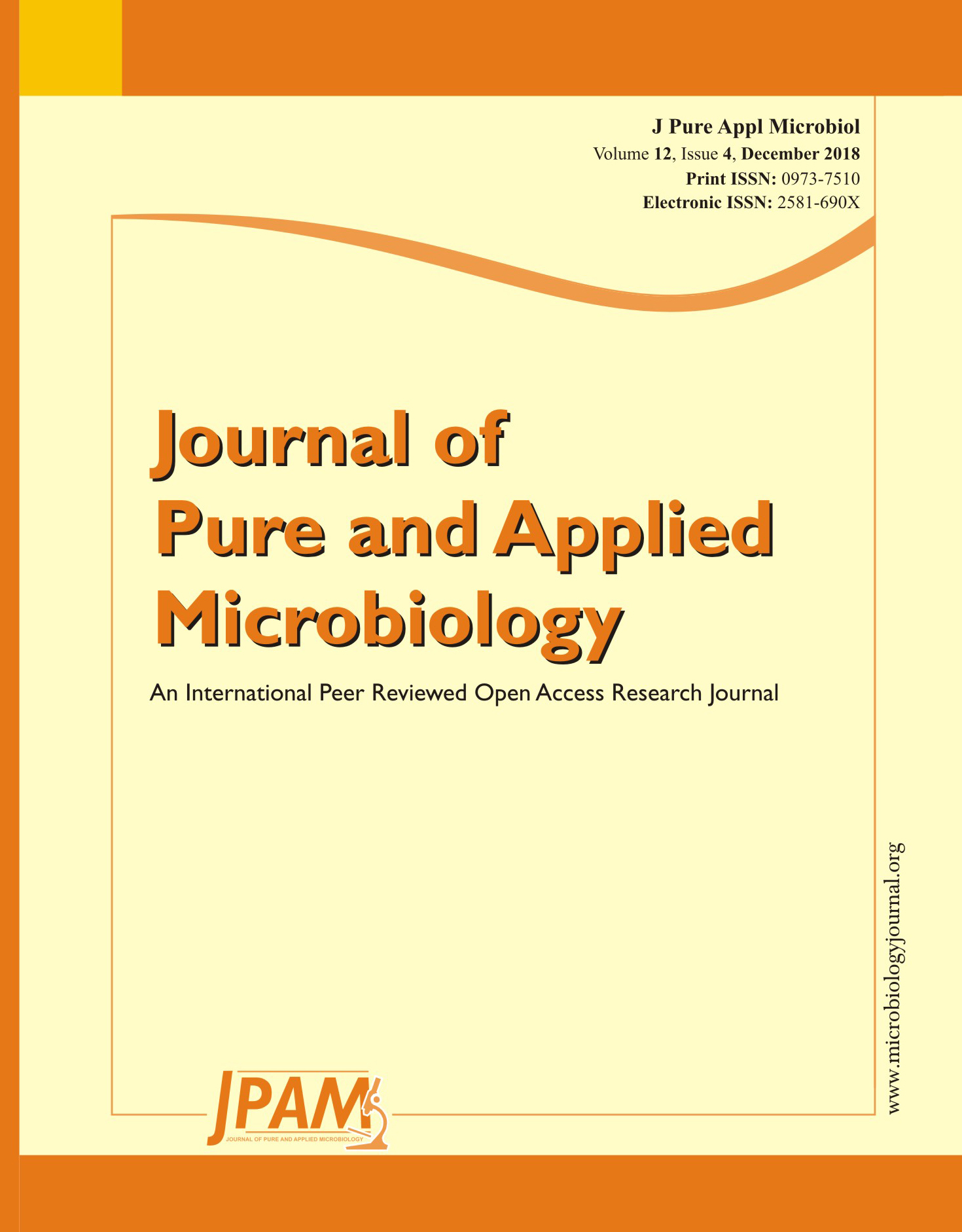L-asparaginase (E.C.3.5.1.1) is an enzyme responsible for hydrolysis of L-asparagine into aspartic acid and ammonia, and has its significant applications in the therapeutics and food technology. It was produced by the marine Aspergillus terreus and precipitated by 65% ammonium sulphate, followed by purification using gel filtration on Sephadex G-100 and DEAE-cellulose ion exchange chromatography, which yielded 11.96 fold purification. The molecular weight of the purified L-asparaginase was approximately 85 kDa, determined by a sodium dodecyl sulphate polyacrylamide gel electrophoresis. L-asparaginase showed high affinity for L-asparagine with a Km of 31.5 mM and Vmax of 500 U/ml. The optimum pH and temperature of the purified enzyme were 5.8 and 40 oC, respectively. The L-asparaginase enzyme was stable from pH 4 to 5.8 and stable up to 70 oC. The effect of activators and inhibitors was studied providing that CdCl2, Pb Cl2, and Hg Cl2 strongly inhibited the enzyme activity, while Na Cl highly enhanced activity. Anticancer activity of the purified L-asparaginase was detected against HCT-116, Hep-G2 and MCF-7 cell lines with IC50 ranged from 3.79-12.6 µg/ml.
L-asparaginase, Aspergillus terreus, purification, characterization, anticancer activity.
© The Author(s) 2018. Open Access. This article is distributed under the terms of the Creative Commons Attribution 4.0 International License which permits unrestricted use, sharing, distribution, and reproduction in any medium, provided you give appropriate credit to the original author(s) and the source, provide a link to the Creative Commons license, and indicate if changes were made.


